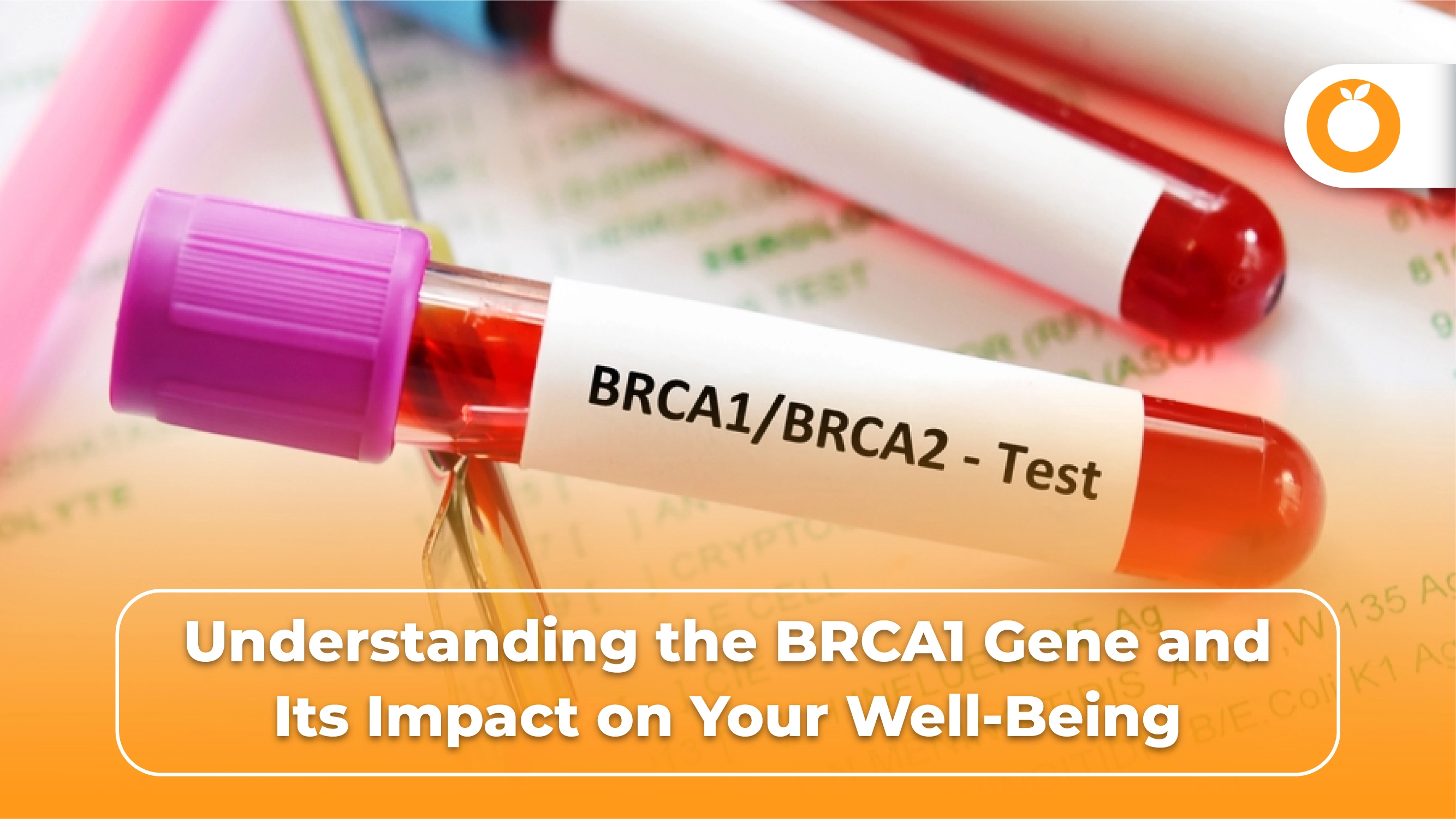Search for tests or checkups
SupportWhat to Eat in Dengue to Increase Platelets Naturally

A drop in platelet count is one of the most common concerns in dengue fever, especially between days 4 and 7 of infection. While dengue must be managed medically, nutrition plays a vital role in supporting recovery and immune health. It's important to note that no food can directly cure dengue, but the right diet can help the body replenish lost nutrients and potentially support platelet regeneration.
How Dengue Affects Platelets
Platelets are blood components essential for clotting and wound healing. The dengue virus affects the bone marrow where blood cells are produced, leading to decreased platelet production. At the same time, the immune system may destroy existing platelets, resulting in a count that drops below the normal range of 150,000–450,000 per microliter. That's why a platelet count test is considered a key diagnostic tool when someone is affected by dengue.
Can Diet Really Help Restore Platelets?
There is no magic food that raises platelet count overnight. However, a nutrient-rich diet helps the body maintain its defenses and supports the bone marrow’s recovery function. Foods with anti-inflammatory and antioxidant properties can also assist the body’s natural healing response.
Nutrient Groups That Support Platelet Health
- Vitamin C: Enhances immune activity and absorption of iron. Found in amla, oranges, guava, and bell peppers.
- Folate: Essential for cell repair and regeneration. Found in spinach, lentils, and asparagus.
- Iron: Aids in red blood cell production and overall oxygen supply. Rich sources include beetroot, pomegranate, and raisins.
- Vitamin B12: Crucial for producing healthy blood cells. Found in eggs, dairy, and fish.
Best Fruits to Eat in Dengue
- Papaya: Rich in antioxidants, easy on digestion, and hydrating.
- Kiwi: Packed with vitamin C and vitamin K, helpful for immunity.
- Pomegranate: Supports blood health and iron levels.
- Coconut Water: Maintains hydration and provides electrolytes.
Hydration First: Why Fluids Matter Most
Hydration is key to recovery in dengue. Water and electrolytes help prevent dehydration from fever and vomiting, and aid in flushing out toxins.
- Use oral rehydration solutions (ORS) regularly
- Drink lemon water, coconut water, and herbal broths
- Avoid carbonated, caffeinated, and sugary drinks
Most Recommended Foods During Dengue
Soft, nutrient-dense, and easily digestible meals are recommended throughout the illness:
- Khichdi, dal-rice, and soft vegetable soups
- Boiled eggs and mashed potatoes
- Soft fruits like banana and stewed apples
- Curd rice and boiled carrots for gut support
What to Avoid Eating in Dengue
- Deep-fried, oily, or spicy food that can burden digestion
- Raw salads or cut fruit from street vendors
- Energy drinks and caffeinated beverages
Keeping the diet bland but nutritious can help avoid additional strain on the liver and digestive tract.
Role of Supplements (Only If Prescribed)
While food is the first line of support, some patients may require supplements:
- Zinc and Vitamin C: May be advised to enhance immune response
- B-complex: Supports metabolism and recovery
Always take supplements only on a physician’s advice. Avoid self-medicating or relying on unregulated immunity boosters.
When to Start Eating Normally Again
As the fever subsides and appetite returns, patients can slowly reintroduce a balanced diet:
- Include complex carbohydrates like oats and whole grains
- Add lean proteins like paneer, lentils, or chicken
- Incorporate healthy fats like ghee in small amounts
Recovery meals should still be soft and lightly cooked to support digestion.
How Orange Health Supports Dengue Testing
Orange Health Labs offers fast and accurate diagnostic support to monitor your recovery from dengue:
- NS1 Antigen, CBC, and Platelet Count Tests are done at home
- Sample collection within 60 minutes of booking
Timely diagnostics enable better care and reduce the risk of complications.
There is no miracle food that will raise platelet counts instantly during dengue, but a nutritious and hydrating diet can ease the recovery process. Focus on vitamin-rich fruits, easy-to-digest meals, and fluids. Most importantly, follow medical advice and monitor your progress with trusted lab tests.
Book your dengue test today with Orange Health Labs and stay informed throughout your recovery.

Connection Between Stress and Lipid Levels: How Lipid Profile Test Helps

Can Devices Like Smartwatches Detect Heart Problems?
